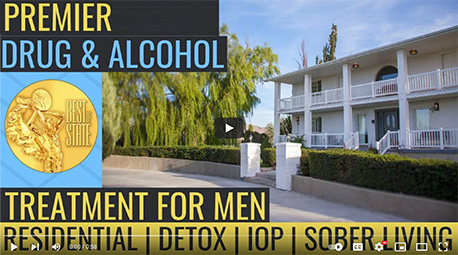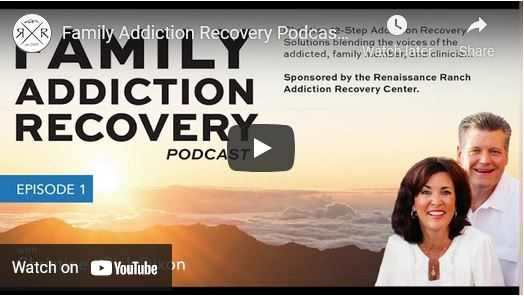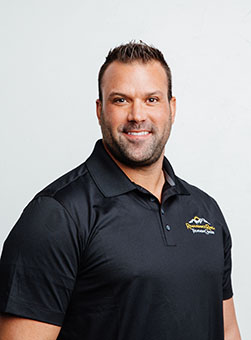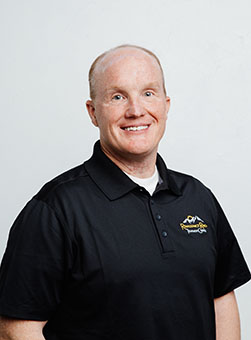St. George Drug Addiction Rehab for Men
Effectively Helping Men Recover From Addiction for More Than 20 Years
801-997-5011
44 North 800 East
St. George UT 84770
See the culture surrounding our band of brothers.
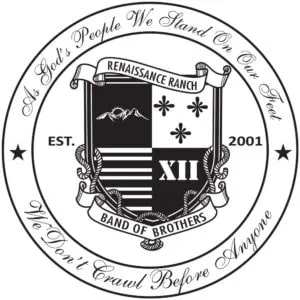
Start your program in three easy steps
Here at Renaissance Ranch, we offer many different services Included in both our Residential and Outpatient Treatment Programs as well as sober living.
Personal consultation
Insurance Verification
Choose your program
Faith-Based Recovery.
We believe that true recovery includes spiritual healing. It has been our experience that this approach has proven to be the most successful. A major component of our program is the 12-step program, which is the most successful widespread addiction recovery philosophy in history. A major aspect of that program delves into spiritual growth and even explicitly recognizes the need to turn the power over one’s self over to a higher power (although that higher power can be up to your personal interpretation). We ask that all individuals seeking treatment at Renaissance Ranch be open to this aspect of their addiction recovery. “Come unto me, all ye that labour and are heavy laden, and I will give you rest. Take my yoke upon you, and learn of me; for I am meek and lowly in heart and ye shall find rest in your souls. For my yoke is easy and my burden is light.” Matthew 11:28-30
Check your Policy Coverage
We are able to deal with your insurance provider, on your behalf, to make sure that you’re provided with the best experience and ensure things go smoothly.
It only takes 3 minutes
Or Simply Call us 24/7 at:
*All communications with Renaissance Ranch Treatment Centers are HIPAA Compliant and 100% Confidential
Our Staff
Our Staff

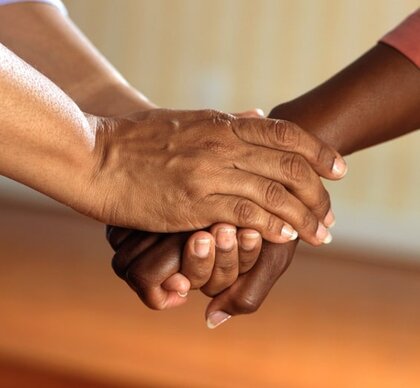
 GET 24/7 HELP NOW
GET 24/7 HELP NOW
855-736-7262
all calls are free
Receive a FREE Consultation
Drop us a line or question and we’ll get right back to you.


